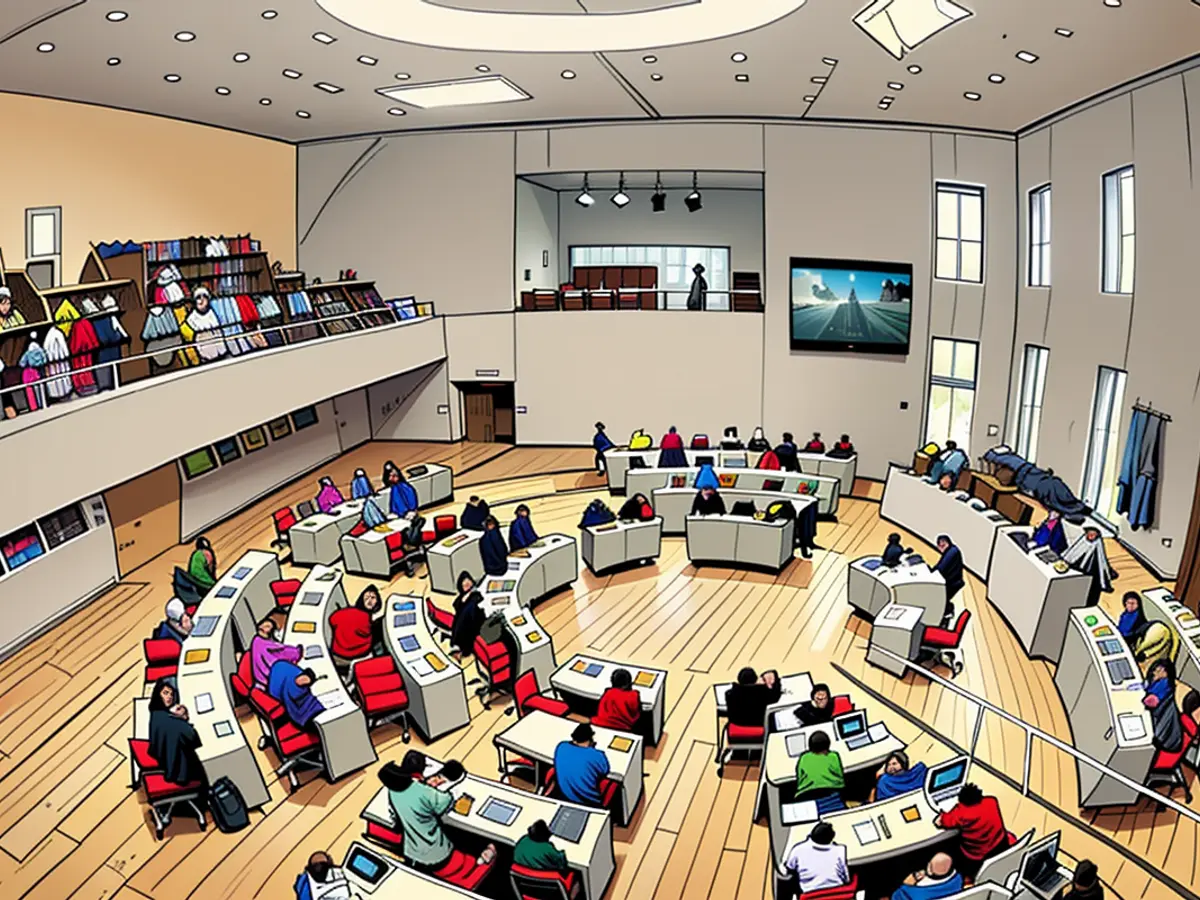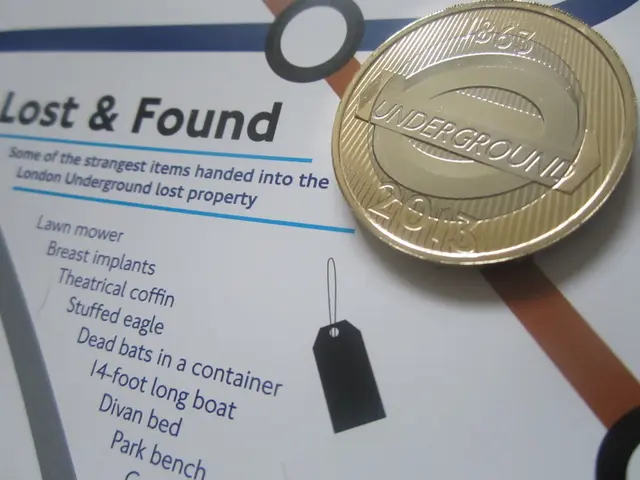In the aftermath of the tragic stabbing incident in Solingen, the Brandenburg state parliament is set to convene for an unusual gathering. This event, occurring approximately three weeks before the state elections, will likely delve into topics such as heightened expulsions and stricter firearm regulations. Minister of Interior Michael Stübgen (CDU) advocates for deportation treaties with the origin nations of many expulsees, specifically Syria and Afghanistan. He also suggests continuous surveillance at the German borders and the denial of residency to individuals from safe third countries within Germany. Meanwhile, Green party representative Benjamin Raschke argues for a complete ban on public weapon carry.
The AfD fraction, on the other hand, calls for extreme measures including a pause on asylum trustees, expulsion and tolerance of foreigners at public events, and limitations on the display of the rainbow flag on public buildings in all forms. The Brandenburg's Office for the Protection of the Constitution classifies the AfD as a suspected right-wing extremist group.
Last week, Solingen saw three lives lost and nine injured due to a 26-year-old Syrian attacker at a festival. Despite the fact that he had been slated for deportation to Bulgaria the previous year, his relocation did not occur.
Minister Stübgen reported that over 4,000 individuals in Brandenburg are slated for expulsion and must leave the country. However, he conceded, "In reality, we cannot expel a considerable portion of them." He listed the lack of opportunity to deport to Afghanistan, Syria, and Russia as primary reasons for this failure.
In 2021, Germany recorded 779 departures, comprising 507 voluntary departures and 272 forced expulsions. In the first half of this year, the number of departures increased to 452, including 311 voluntary departures and 141 forced expulsions. If current trends continue, the yearly departure rate will increase.
Since the Bundestag enacted stricter laws in the beginning of this year to expedite deportations, Minister President Dietmar Woidke (SPD) stated that these measures have not significantly sped up returns.
As the discourse on deportations escalates, it becomes crucial to consider both the challenges and potential solutions in cleaning up Germany's expulsion lists, particularly regarding Syria, Afghanistan, and Russia.








